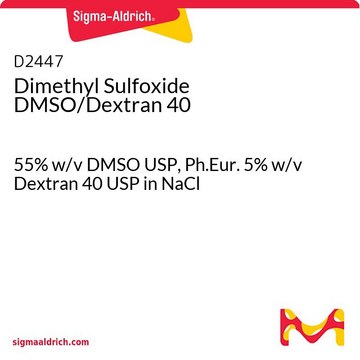H9892
Hydrochloric acid
1.0 N, BioReagent, suitable for cell culture
Sinónimos:
Cloruro de hidrógeno solution
About This Item
Productos recomendados
Nombre del producto
Ácido clorhídrico solution, 1.0 N, BioReagent, suitable for cell culture
sterility
sterile-filtered
Quality Level
product line
BioReagent
form
solution
concentration
1.0 N
technique(s)
cell culture | mammalian: suitable
anion traces
chloride (Cl-): passes test
SMILES string
Cl
InChI
1S/ClH/h1H
InChI key
VEXZGXHMUGYJMC-UHFFFAOYSA-N
¿Está buscando productos similares? Visita Guía de comparación de productos
General description
Application
It can also be used:
- In the extraction of elderberry anthocyanins by endothelial cells.
- To convert iron(III) perchlorate to Fe(III) ions which can then form a complex with acetohydroxamic acid (FeAHA).
- to acidify the surface water sample and to prevent interference from carbonate concentrations up to 10 mg L-1 with organic carbon detector (OCD) detection
- to adjust the pH of complete transfection media for transfection with chitosan/pDNA nanoparticle complexes
- to prepare artificial tear solution (ATS) to incorporate the fluorescently tagged cholesteryl ester
Biochem/physiol Actions
signalword
Warning
hcodes
pcodes
Hazard Classifications
Met. Corr. 1
Storage Class
8B - Non-combustible corrosive hazardous materials
wgk_germany
WGK 1
flash_point_f
Not applicable
flash_point_c
Not applicable
Elija entre una de las versiones más recientes:
¿Ya tiene este producto?
Encuentre la documentación para los productos que ha comprado recientemente en la Biblioteca de documentos.
Protocolos
Preparation from Packaged Powder, Preparation from Basal Salt Solutions, Banana Powder Preparation and Use, Coconut Water Preparation and Use
Nuestro equipo de científicos tiene experiencia en todas las áreas de investigación: Ciencias de la vida, Ciencia de los materiales, Síntesis química, Cromatografía, Analítica y muchas otras.
Póngase en contacto con el Servicio técnico



